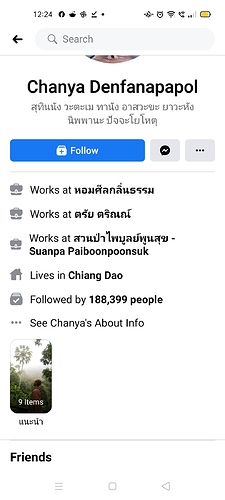Hello there,
I’ve wrote this in PM to Bhante Akaliko more than week ago, but I wanted to publicly deeply apologise Bhante Akaliko and everyone else for my post and my harsh speech in it, I felt and feel terrible about what I’ve wrote, and the way that I’ve put my statements. Shame on me.
I’m sorry that this post probably created some unpleasant feelings in many people, especially Bhante @Akaliko.
I hope to never commit such harsh speech again and I undertake the training of working on my right speech with much more care than before.
I could have stated my mind in totally different way and I feel really sorry about this.
After giving it more thought, on the subject, all I wanted to actually express (and I know it is just my opinion, and I really hope it will no offend anyone), is that I believe that all people should have same rights, and I treat everyone equal no matter of their gender, race, orientation etc. it is very natural for me. Human being is a human being and everyone should be treated good.
Just due to some political movements I was observing I just don’t support treating any group “extra special” due to their gender/race/orientation etc., even if they’re a minority. And I just got fearful impression that perhaps sometimes in trying to defend someone, we could go too far and in trying to protect minority we can give them special treatment instead of equal treatment, and it is something that from my actual perspective I see as not a good solution: firstly because it can make them feel superior than majority and create unhealthy psychological mechanisms, and secondly, when we give someone special treatment instead of equal treatment, the opposision starts to be really aggressive and it can backfire and create unnecessary conflicts and tensions.
I don’t say that such situation was taking place here, but just that I was worried about it could due to some my social conditioning (like reading extremist left wing vs extremist right wing discussions that were going on in my country). I also don’t say that such solutions even if they were real, are inherently wrong, because perhaps they’re good, but they do not resonate with me at this moment.
I’m no specialist on the subject, so I’ll try to stay out of discussions about this issue. Just wanted to state my mind so no one takes me against LGBTQIA+ or something, I’m just for equality, good treatment, understanding and progress for/of all. 
Hope you will forgive me my former harsh speech. 

 )
)






